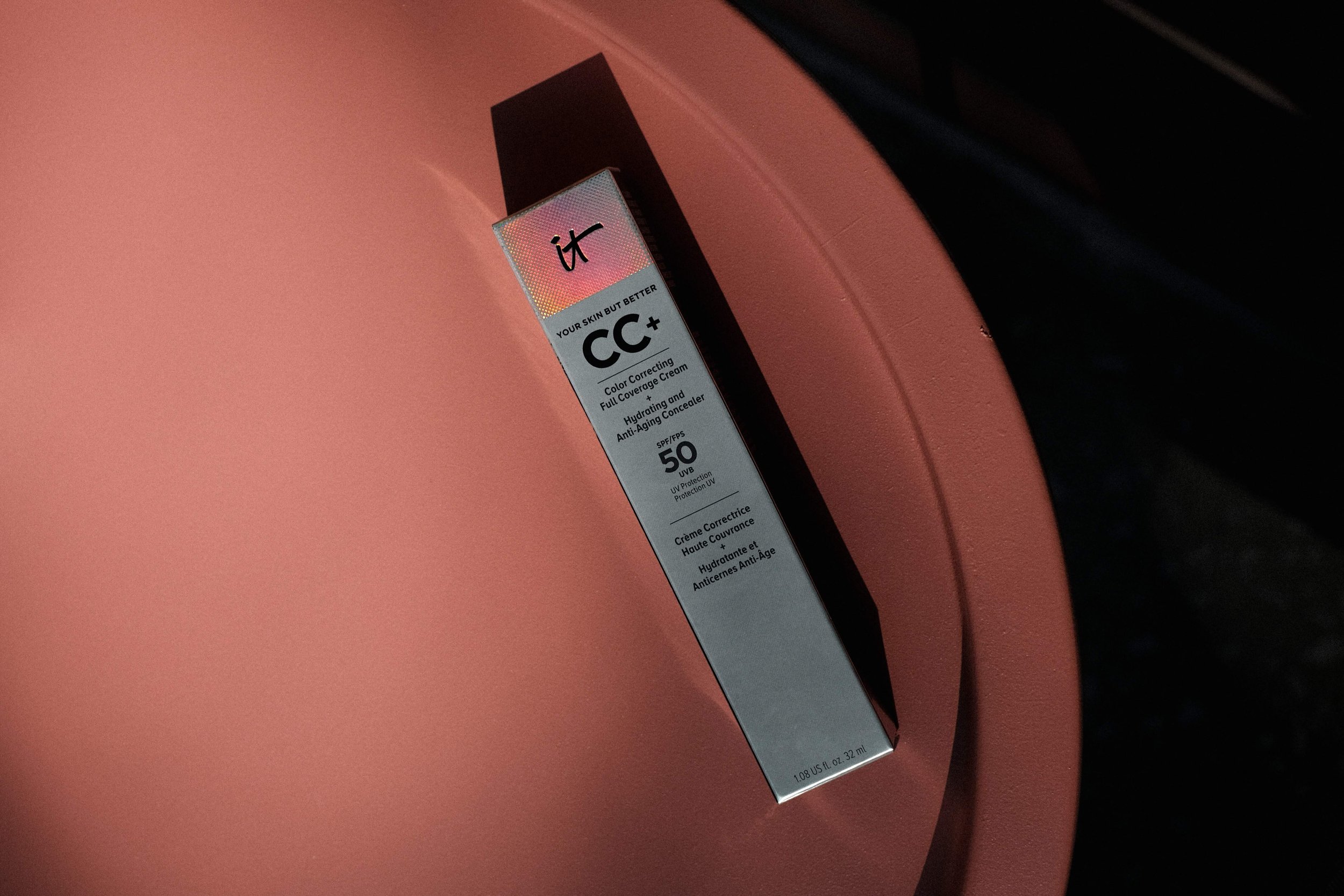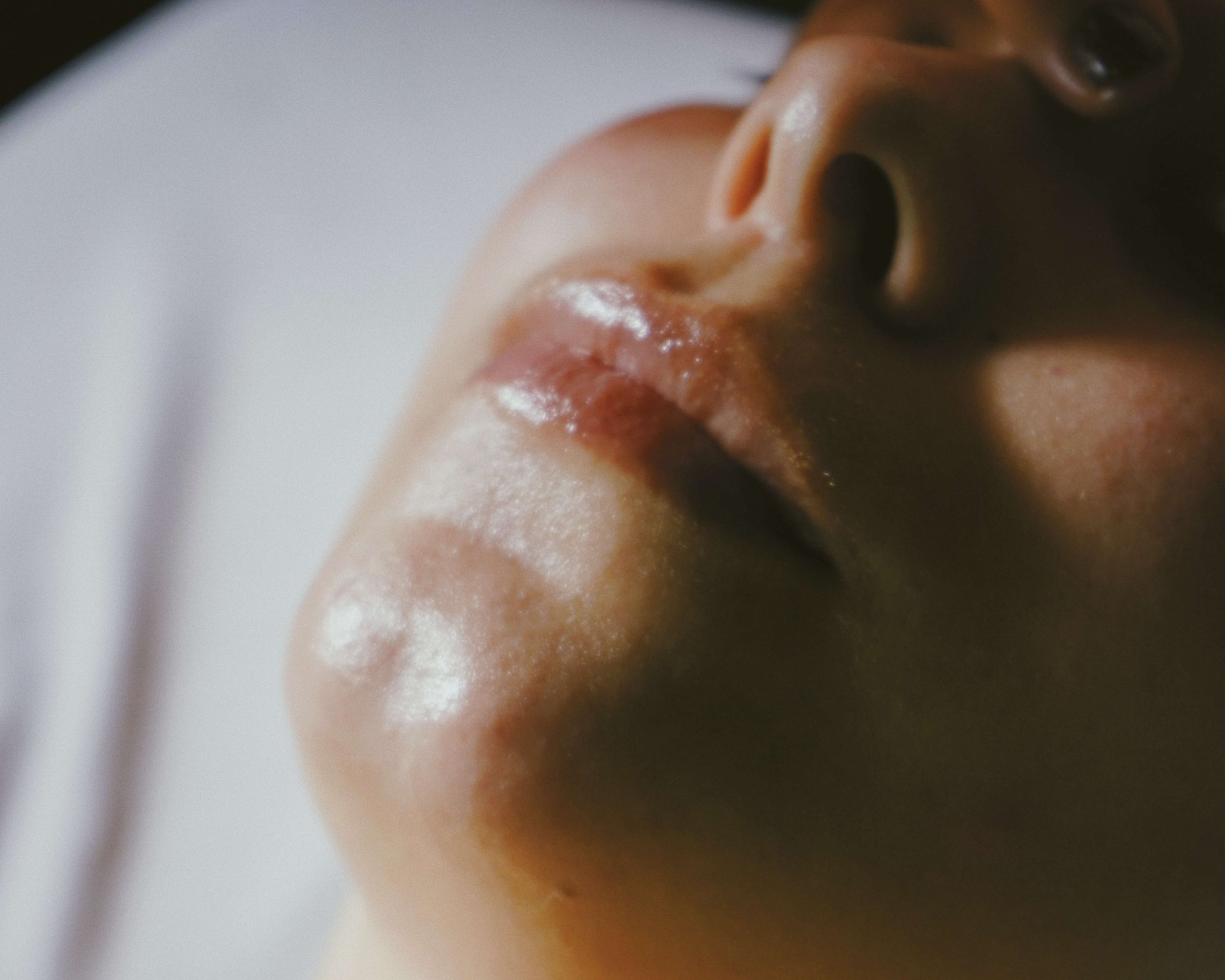Understanding the Link Between Mineral Deficiencies and Rosacea.
What Is Rosacea?
Rosacea is a common and chronic skin condition that affects millions of people worldwide. Characterized by facial redness, visible blood vessels, and often accompanied by acne-like bumps, it can be both physically uncomfortable and emotionally distressing. While the exact cause of rosacea remains elusive, researchers have explored various factors that might contribute to its development, including genetics, environmental triggers, and even mineral deficiencies. In this blog post, we'll delve into how mineral deficiencies may affect rosacea and what you can do to help manage this condition.
The Role of Minerals in Skin Health.
Minerals play a crucial role in maintaining overall health, and their influence extends to the condition of our skin. Proper mineral balance is essential for a range of bodily functions, including skin hydration, cell turnover, and the regulation of inflammation. When there is an imbalance or deficiency in certain minerals, it can have a direct impact on the skin's health and appearance.
Mineral Deficiencies Linked to Rosacea.
Several minerals have been implicated in rosacea, although research in this area is still evolving. Two of the most notable minerals associated with rosacea are zinc and selenium.
Zinc Deficiency: Zinc is an essential mineral with numerous roles in the body, including immune system regulation, wound healing, and skin health. Some studies have suggested a link between zinc deficiency and rosacea. Zinc is known for its anti-inflammatory properties and its ability to help control sebum production. A lack of zinc may lead to increased inflammation and oiliness in the skin, both of which can exacerbate rosacea symptoms.
Selenium Deficiency: Selenium is another important mineral with antioxidant properties. Antioxidants help protect the skin from damage caused by free radicals, which can trigger inflammation and worsen rosacea. A deficiency in selenium may leave the skin more susceptible to oxidative stress and inflammation.
Managing Rosacea through Mineral Supplementation.
If you suspect that mineral deficiencies may be contributing to your rosacea, it's essential to consult with a healthcare professional before starting any supplementation. They can assess your specific needs through blood tests and provide personalized recommendations. Here are some considerations for managing rosacea through mineral supplementation:
Zinc Supplements: If a deficiency is identified, your healthcare provider may recommend zinc supplements. These should be taken under their guidance, as excessive zinc intake can have adverse effects.
Selenium Supplements: Similarly, selenium supplements may be prescribed if your levels are low. Be sure to follow your healthcare provider's instructions to avoid potential side effects.
Dietary Changes: In addition to supplements, consider incorporating zinc- and selenium-rich foods into your diet. These may include lean meats, seafood, nuts, seeds, and whole grains.
Balanced Diet: A well-rounded diet that includes a variety of nutrients is crucial for overall skin health. Ensure you're getting a balanced intake of vitamins and minerals through your food choices.
While mineral deficiencies are just one piece of the complex rosacea puzzle, they can play a role in the development and exacerbation of this skin condition. If you suspect that minerals like zinc or selenium are contributing to your rosacea, consult with a healthcare professional for an accurate diagnosis and personalized treatment plan. Remember that managing rosacea often requires a multifaceted approach, including lifestyle changes, skincare routines, and potentially, mineral supplementation. By addressing these factors, you can take proactive steps to manage and improve your rosacea symptoms and overall skin health.

